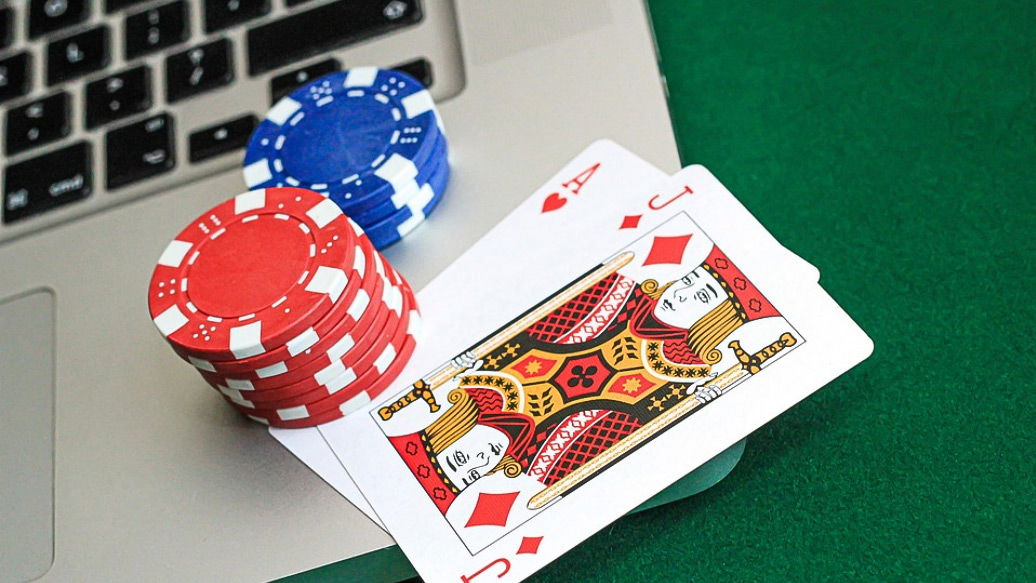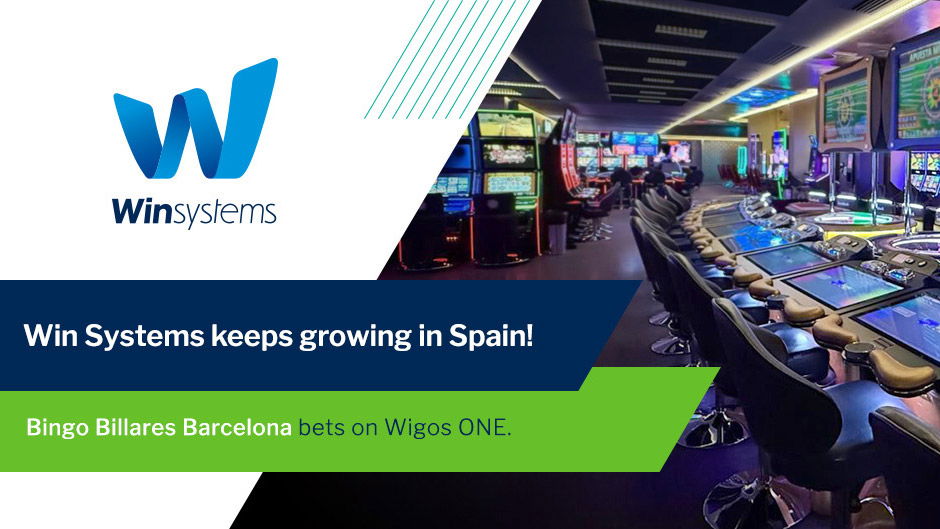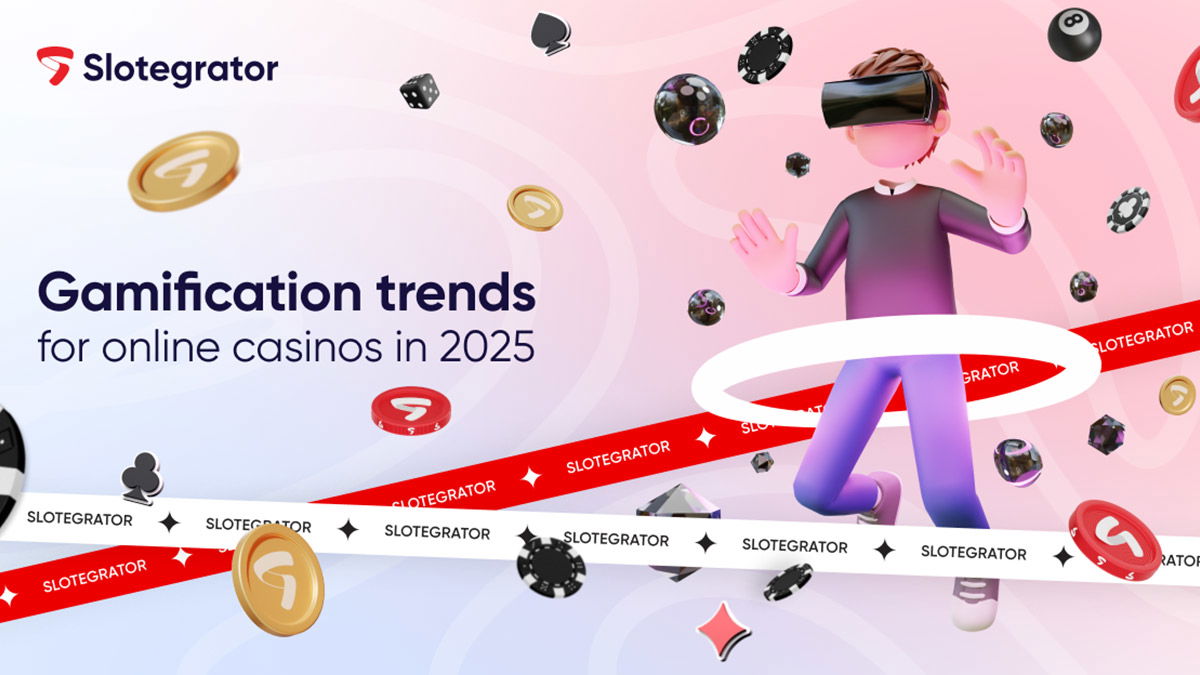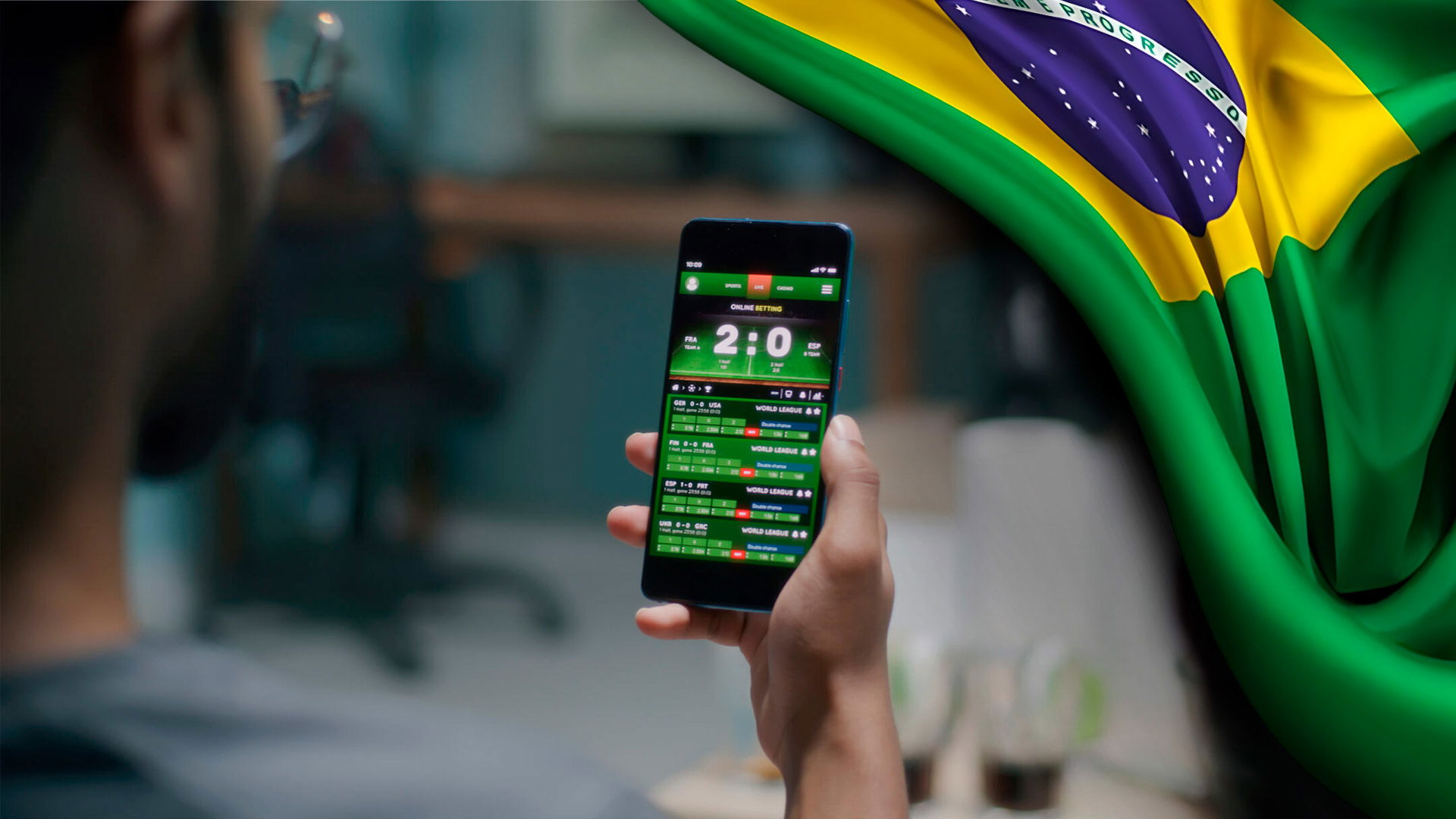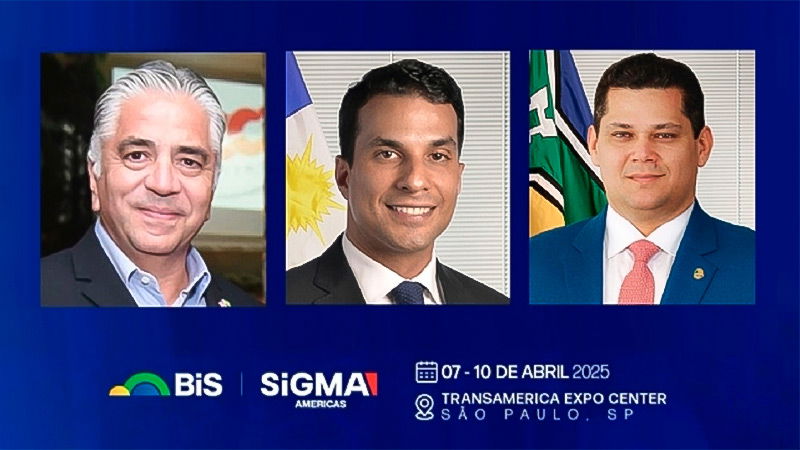Accepting payments in iGaming — Slotegrator’s overview of popular tools in different markets

Ayvar Gabidullin is Business Development Manager at Slotegrator. He has over 5 years of experience managing B2B and B2C sales departments in the online gambling industry. He started his career working in customer support for online casinos and grew to become the head of a department offering tailored services to VIP players. He joined Slotegrator with a strong focus on the company’s products and deep knowledge of what players need.
First-time casino operators — as well as established operators looking to expand into a new market — sometimes struggle to decide which payment methods to integrate into their site. In this new column, Ayvar Gabidullin, Head of Business Development at Slotegrator, shares an overview of the most popular payment methods in different markets, including Europe, Canada, Africa, India, Latin America, and South East Asia.
The company's specialists continuously monitor regulations, trends, popular games, and preferred payment methods in international gambling markets in order to give the right recommendations to their customers. Before approving the list of payment tools for a gambling platform, it is necessary to take into account the nuances of a given market — especially when it comes to payment methods.
Once they’ve decided on the right payment methods for their target audience, the operator can add them to their platform using Moneygrator, a multifunctional solution that allows you to integrate more than 250 payment options. Moneygrator helps operators skip the excessive red tape and a whole chain of intermediaries, which increases the efficiency of non-cash transactions.
Europe
Visa and Mastercard are widely considered the most popular payment methods in Europe. Some jurisdictions prohibit the use of credit cards for online gambling and betting purposes, so payment solution providers offer alternative options. For example, products from Sofort, the leading provider of payment systems in the local market, are widespread in Germany. And players from the UK, where credit card payments have been banned since April 2020, use debit cards, as well as PayPal and open banking.
The Multibanco interbank network is popular in the Portuguese market, with more than 12,700 ATMs from 27 banks. MB Net, an online payment service from Multibanco, guarantees the security of its virtual credit card — the seller cannot access the details of the real card. PayPal, open banking, direct debit, and bank transfers are also popular here.
Neosurf, a payment method that does not give access to users' personal data to third parties, is also common. The player can fund their account with a credit card, but Neosurf operates primarily on a voucher system. Players purchase vouchers at retail outlets, and by activating the code, receive an amount equivalent to the price of the voucher in their account.
The Skrill digital wallet, which supports 40 currencies, is available in 180 countries. This is one of the most popular payment tools not only in Europe but all over the world. Skrill provides individual users with VIP conditions, according to which they can make transactions to other accounts within the system for free.
Canada
Previously, Canadians struggled to play at online casinos. This was due to the difficulties of transferring money to the accounts of gambling sites. For a period of time, they used credit cards to finance their activities, but then Mastercard and Visa officially refused to support transactions related to gambling.
The launch of Interac in partnership with Gigadat Solutions Inc solved the problem of organizing payments. The payment system quickly gained the trust of Canadian players; almost all Canadians who have a bank account know about Interac e-Transfer, and some large financial institutions even offer Interac Online to their customers.
The service is used by more than 40 million people, which is almost 60% of the country. By comparison, PayPal has 6 million Canadian users. Gigadat, the payment method of Interac, is the most widely used today.
Africa
Online casino players from Africa predominantly use mobile banking. In Kenya and Tanzania, M-pesa is popular — 58% of the adult population of Kenya has an account.
There are several payment gateways in Nigeria. Local payment solution provider Interswitch brings together several Nigerian banks. The GTPay payment system, developed by one of the largest banks in Nigeria, GTBank, allows you to make fast payments using debit cards issued by banks from the Interswitch network.
Also in Nigeria, the RAVE payment transaction system from Flutterwave is becoming more common. It combines simplicity and reliability, and works with all major world currencies.
India
India has an integrated national network of financial institutions. The infrastructure for the banking system is provided by the National Payments Corporation of India (NPCI). Bank accounts and functions are integrated into one mobile application using the Unified Payment Interface (UPI). The Bharat Interface for Money (BHIM) application uses UPI for fast and easy transactions.
PhonePe is considered the most common payment method in India. The application allows you to make fast and secure transactions using BHIM UPI, bank cards or electronic wallets. In second place in terms of popularity is PayTM, which has 25 million registered users.
Latin America
Only 37% of Mexicans over the age of 15 had a bank account at the end of 2020, according to the World Bank. About 86% of all payments in Mexico are made in cash. According to MasterCard, 55% of Latin American adults have a bank account and 19% of them have credit cards. Accordingly, this payment method is much less popular in Latin America than in Europe.
Banks and some other financial institutions in Latin America have long distrusted the iGaming industry and refuse to process online casino and sportsbook transactions, which reinforces the importance of payment systems. The most popular supplier in Brazil and Mexico is Boleto Bancário, a system that is regulated by the Central Bank of Brazil. Payment can be made in cash at any branch or ATM, using mobile banking, or at an authorized supplier.
South East Asia
E-wallets are the preferred choice of Asian players. Next come credit and debit cards, as well as bank transfers.
One of the most famous in the Asian continent is Singapore-headquartered global payment platform 2C2P. It works with the largest institutions in the financial sector, technology giants, retailers, e-commerce, and mobile commerce. Asian players especially appreciate the fact that the system accepts payments even in the absence of a credit card.
Thaiepay is one of the largest local payment systems that provides the ability to pay with Mastercard, Visa, and American Express debit and credit cards. Another popular supplier in Thailand is PaysBuy. It simplifies the online payment process and works like PayPal.
In many markets, including in Southeast Asia, online casino players are showing an increasing interest in cryptocurrencies. This may be due to the desire to keep up with the current trend or with tight currency regulation in some countries, where thanks to bitcoin casinos, users can play without worry regardless of gambling’s regulatory status. Compared to iGaming, where fiat payment instruments are used, the turnover with digital currency is still modest. Nevertheless, every year more and more gambling sites offer their customers the option of cryptocurrency payments, and some of them use it as the main payment method.




